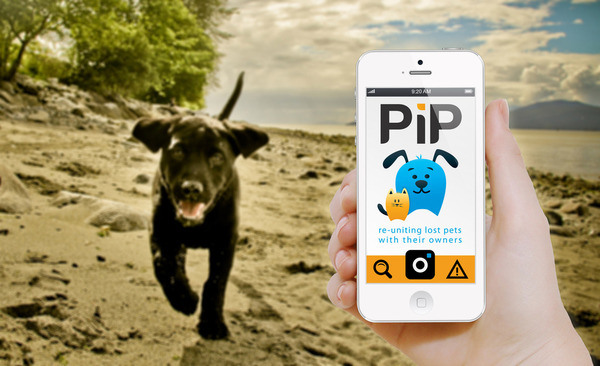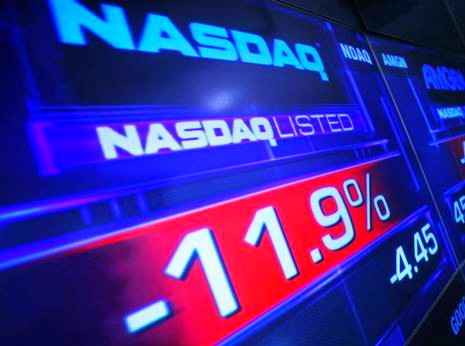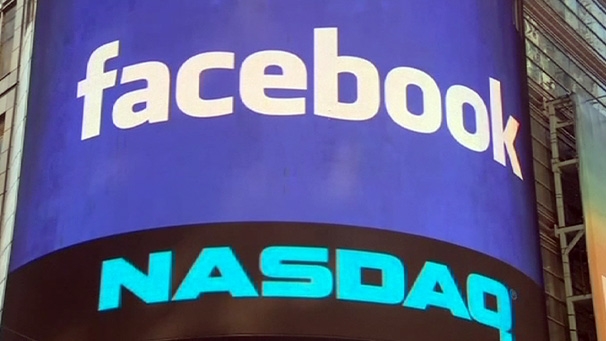Regeneron and its partner Sanofi announced positive results in the first trial of their extensive Phase III ODYSSEY program (12 trials in total) for alirocumab (REGN-727), which targets PCSK9 to lower LDL (or “bad”) cholesterol. Alirocumab showed a 47.2% reduction in LDL levels from baseline over 24 weeks in patients with primary hypercholesterolemia and moderate cardiovascular risk, compared to 15.6% in patients treated with Zetia (ezetimibe) (p < 0.0001).
These results are in line with expectations, as they are consistent with earlier stage results and Phase II data from Amgen’s AMG-145 in similar patients, and we are maintaining our $291 fair value estimate for Regeneron. Regeneron’s narrow moat is derived from its Eylea franchise and its antibody platform technology, and this new data further supports our positive moat trend and our belief in the firm’s pipeline potential.
Safety in the 103-person trial was also encouraging, with adverse events reported in 78.4% in the Zetia group and 69.2% in the alirocumab arm. The most common adverse event was infection (39.2% with ezetimibe versus 42.3% with alirocumab) and injection-site reactions occurred in less than 2% of patients in both groups. Alirocumab was self-administered subcutaneously using an auto-injector, which appears relatively convenient for patients.
These results are only the first in a series for alirocumab that will be reading out starting next year, with the next two anticipated in early 2014. Amgen is not far behind and is expected to report on four Phase III trials for AMG-145 in the first quarter of 2014. Overall, we continue to believe that the PCSK9 class remains a mega-blockbuster opportunity given the millions of people who remain above their target LDL level despite the widespread use of statins.
Discover more from Tech News
Subscribe to get the latest posts sent to your email.









